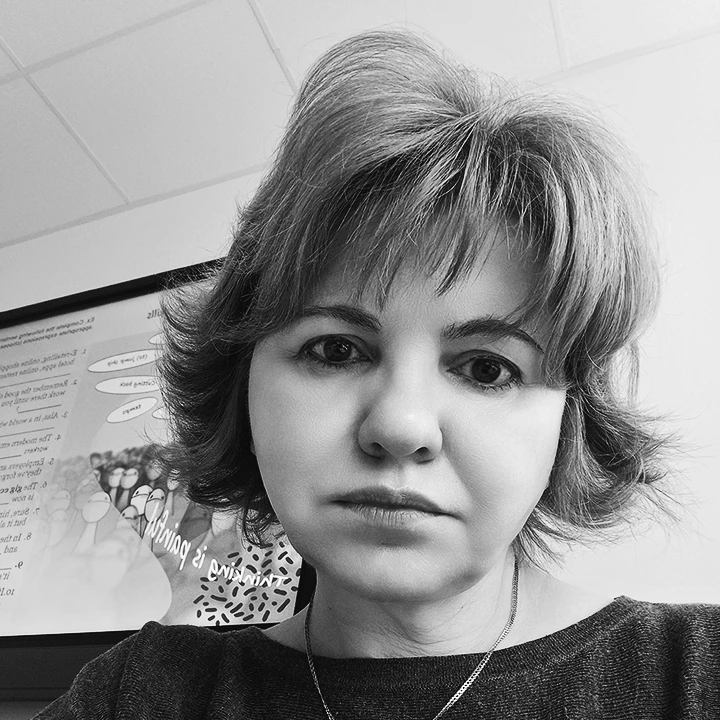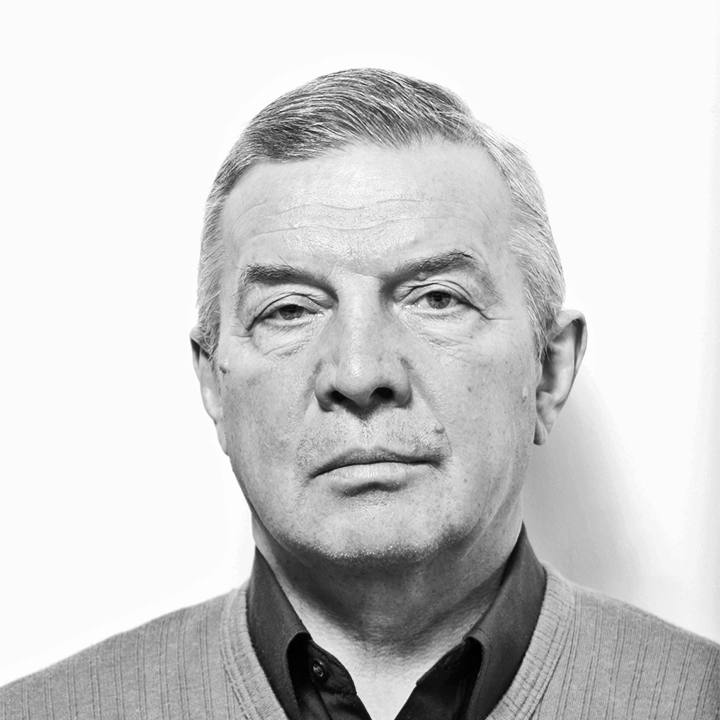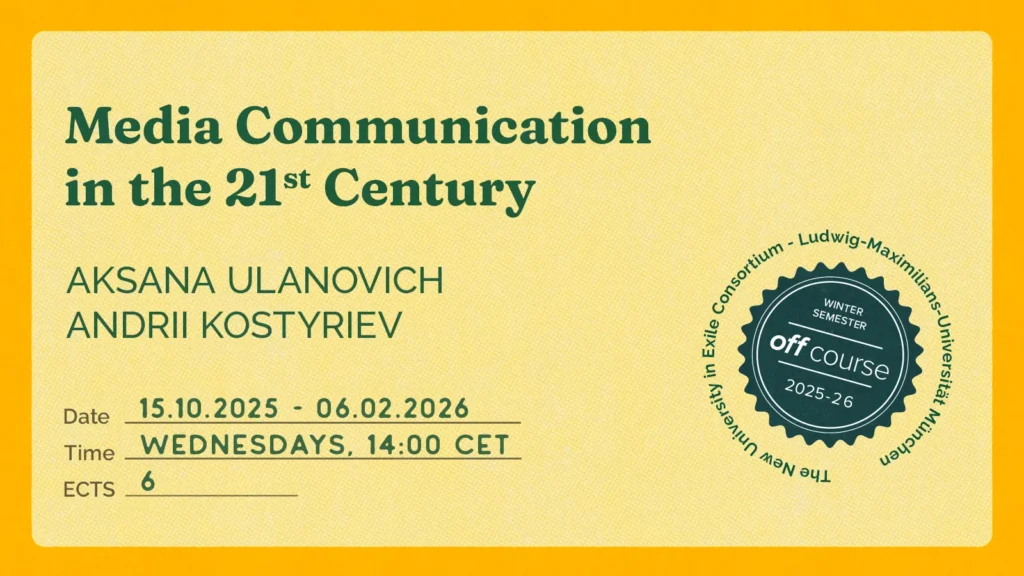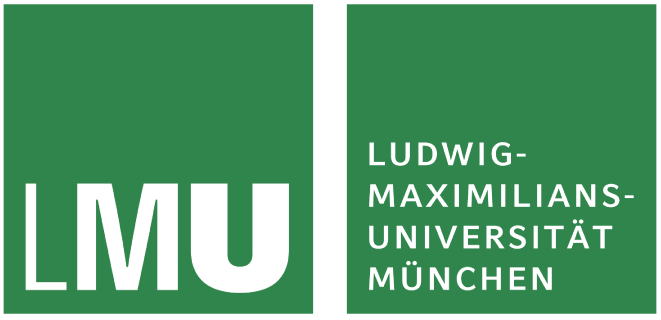Media Communication in the 21st Century
The Backbone of Democracy or a Tool of Social Oppression
Aksana Ulanovich, Andrii Kostyriev
Overview
In the current world, where information appears as the main value, the discourse about the media’s role and place in socio-political processes is a cornerstone both for theorists – political scientists, sociologists, legal scholars, psychologists – and for practitioners – politicians, editors, journalists, bloggers – as well as for an engaged public. The question of how media can support democratic processes and foster communicative discourse, while avoiding manipulation and oppression, has become urgent due to the rapid evolution of online platforms.
The optimistic 1990s vision of the Internet as a catalyst for direct democracy has, since 2016, given way to warnings that social media “steal elections” and create distorted realities through fake news and emotionally charged propaganda. These challenges are particularly acute for societies in democratic transition, striving for liberation, sovereignty, and sustainable public trust.
This 14-week seminar course is designed as an interdisciplinary dialogue between scholarship and practice. Students will engage critically with theory and current events, exploring themes such as the essence of political communication, media power, the watchdog–chain dog dilemma, post-truth networks, and the aesthetics and rhetoric of political media. Through discussion, debate, and collaborative research, we will uncover the techniques, tactics, and means by which media shape – and are shaped by – democratic and authoritarian contexts.
The course moves from foundational theories of information and communication to advanced explorations of network society, post-politics, and post-truth realities, culminating in student-led presentations that synthesize and apply the insights gained.
Learning Outcomes
- Interpret and compare key theories of information, communication, and political
media systems. - Analyze mechanisms through which media influence political agendas, public
opinion, and social cohesion. - Identify and critique forms of manipulative, oppressive, and aestheticized media
communication. - Debate the roles of media within different political systems, from liberal
democracies to authoritarian regimes. - Evaluate the impact of network society, post-truth communication, and algorithmic
governance. - Propose value-based countermeasures against misinformation and polarization.
- Analyzing the agency of the public in the formation of this media landscape and the
counterstrategies to authoritarian and manipulative practices.
Instructors

Aksana Ulanovich
Aksana Ulanovich is an academic scholar, a linguist and a cognitive psychologist from Belarus. PhD in Psychology (2003), associate professor with significant experience in teaching and research. Her research interests lie in the spheres of socio- and psycholinguistics, cognitive psychology, media rhetoric and political media communication. Scientific reflection integrating cognitive, linguistic, psychological and social projections shaped her vision of modern media communication as a phenomenon of social ontology rather than a means of culture. Thanks to her strong commitment to advancing knowledge and a passion for discovery, she has conducted research on a number of issues in the domain: pragmatics of verbal humor in media rhetoric, oppressive features of media communication in autocracies, aestheticization as a social phenomenon – a few to mention. The author of 190 scientific works (articles, coursebooks). Since 2023, she has been affiliated with European Humanities University (Lithuania), Kazimieras Simonavičiaus universitetas (Lithuania), Université de Bordeaux (France).

Andrii Kostyriev
Andrii Kostyriev, PhD in Political Sciences, defended his doctoral dissertation “Mass Media’s Role in the Process of Democratic Development of Society” at Taras Shevchenko National University of Kyiv in 2003. Following his doctorate, he served as Associate Professor at Kyiv Slavonic University (2003–2012) and later at T. H. Shevchenko National University ‘Chernihiv Collegium’ (2012–2022) in Ukraine. After Russia’s full-scale invasion and the resulting threat to his life, Dr. Kostyriev and his family relocated to the Baltics as refugees. In 2022 he joined the University of Latvia as a Visiting Researcher, and in 2023 he became a Senior Researcher at the Institute of International Relations and Political Science, Vilnius University. Since 2024 he has been Associate Professor and Head of the Political Sciences Committee at the European Humanities University in Vilnius, Lithuania.
His current research examines how contemporary political communication – particularly through social media – shapes democratic processes, and how strategic communications affect international security, and geopolitical dynamics. He is the author of the textbooks Mediatization of Politics: Historical and Systems Analysis (2025) and Political Communication: Theoretical Background (2024), the monograph Ukraine: Buffer or Forum? Intercivilizational Communication as a Geopolitical Function of Ukraine (2013), and more than 30 scholarly articles on political communication in mass media and social networks.
Dr. Kostyriev is an academician of the Academy of Political and Law Sciences of Ukraine, a member of the International Political Science Association (IPSA) and the National Union of Journalists of Ukraine (NUJU), a reviewer for the journal Political Sciences & International Relations, and regional representative of the scientific journal Hileya.
Certification
This course is hosted by LMU München, The Geschwister-Scholl-Institute of Political Science and certified with 6 ECTS upon successful completion.
Please check the course requirements from the course syllabus and inform your instructor(s) about your request to receive a certificate for this course.
You will find the full syllabus on Moodle course page.
At the end of the semester, the instructors will inform the learning designer about your request and grade. The certificate will be prepared with the university secretariat and it may take up to 8 weeks.
Registration
Our courses are held on a digital learning platform, Moodle. Before you create your account on Moodle, we have some notes for your and others’ digital security.
- When you register, you can use a nickname. Nicknames with offensive, racist or sexist undertones will not be accepted.
- Communication outside of the platform is not private. It is a solidarity action with people who would like to stay anonymous for different reasons. Please use our secure platform to communicate with others and respect their choices of communication channels.
- We aim to create an inclusive learning environment with our participants and educate ourselves in a more inclusive language. Be eager and tolerant to learn from each other and challenge any discriminating language. You can have a look at it here.
Creating a new account and registering to a course on Moodle
1. The link will take you to the Off University Moodle homepage.
2. Click the “Log in” button on the top right side of the page.
If you have an account on Off University Moodle, please login and continue from step 7 below.
3. Scroll down to see “Create new account” and click the button.
4. Please fill in the fields marked as *required.
You can use false information to protect your identity and increase your safety. You can enter a nickname, a false email address that resembles the format, such as name@example.org etc. Please note down your user name and password in a safe place.
5. Once you created your account, please wait until the next working day to continue.
Your account needs activation which will be done by Off University. We will need some time to activate your account. This can take up to 24 hours on weekdays and longer on weekends.
6. Please login to check whether your account it active. Once you can login, you will find the available courses on the home page of Moodle and will be able to register by clicking the course title.
7. You can now discover the course page. The first item on the page, General, contains the syllabus and the announcements. Please follow these announcements to stay up to date about your course.

Course Details
Duration
15.10.25 – 06.02.26
Time
Wednesdays, 14:00 CET
Credits
6 ECTS
Language
English
Host Institution
LMU München,
The Geschwister-Scholl-Institute of Political Science
Registration:
Supported by:



